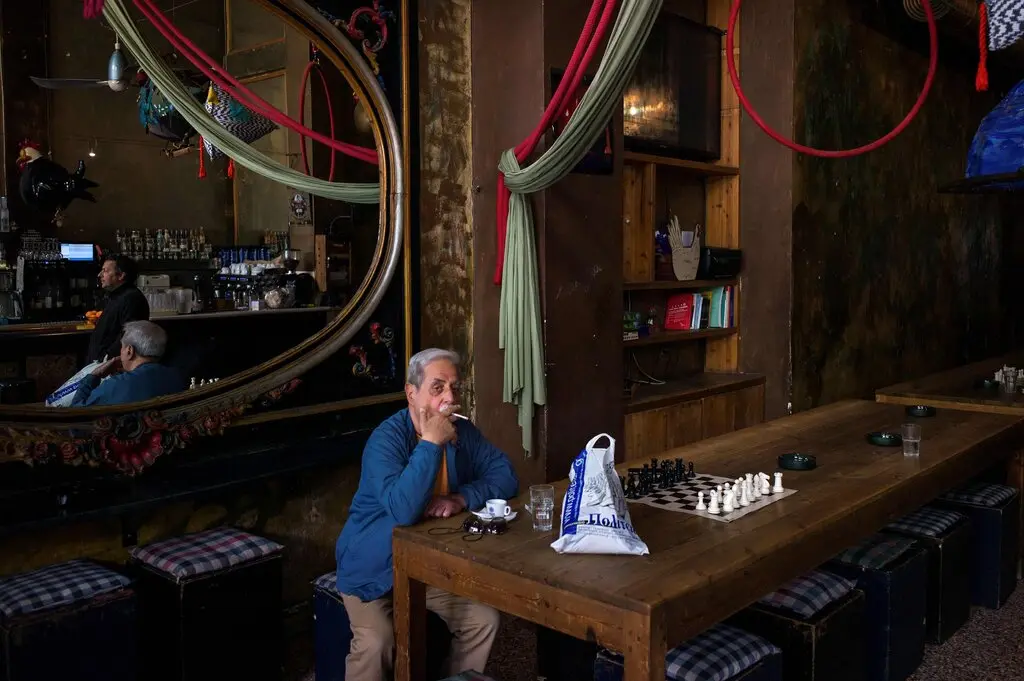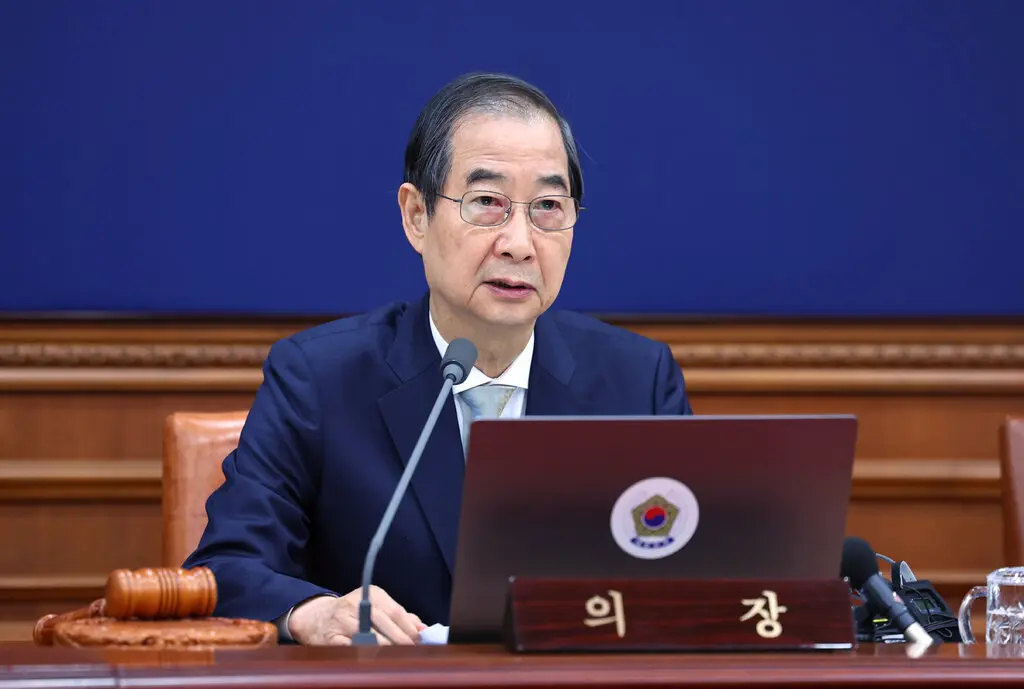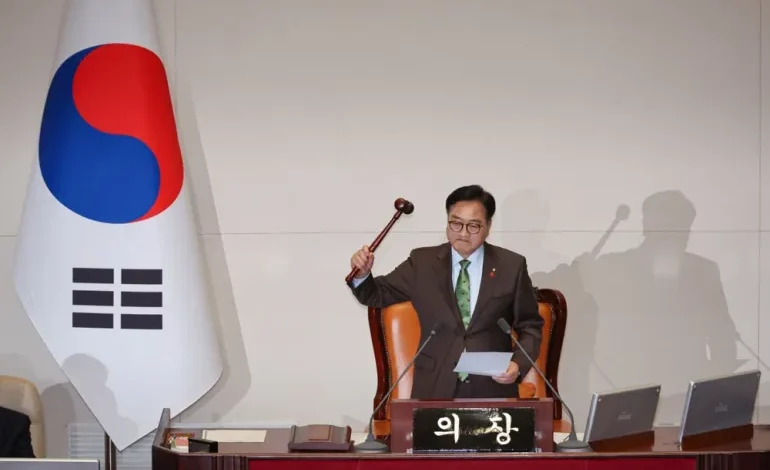South Korea’s National Assembly Speaker, Woo Won-shik, has emerged as a figure of unexpected strength and leadership amidst the nation’s recent political crisis, Al Jazeera reports.
Triggered by President Yoon Suk-yeol’s brief declaration of martial law on December 3, the turmoil has thrust the traditionally low-profile speaker into the spotlight.
Historically, the National Assembly Speaker in South Korea has operated behind the scenes, unlike the Speaker of the US House of Representatives who actively drives the legislative agenda. South Korea’s speaker is required to renounce party affiliation upon election and typically retires after their term. However, Woo’s decisive actions during the recent crisis have challenged this traditional role.
Woo’s leadership has resonated so strongly with the South Korean public that he’s even been nicknamed “National Assembly Thor” by younger generations, a reference to his gavel of office and the Marvel superhero’s iconic hammer. A recent Gallup Korea poll revealed that 56 percent of respondents trust Woo, a stark contrast to the plummeting trust in the National Assembly, which sits at just 20.6 percent according to a 2024 OECD survey.
Woo’s past as a young student activist, imprisoned for three years for protesting against the military dictatorship in 1980, seems to have fueled his dedication to democratic principles. This history came to the forefront when President Yoon declared martial law. On that night, the 67-year-old Woo dramatically scaled the National Assembly fence after police barricaded the entrance, aiming to prevent lawmakers from holding a vote to overturn the president’s order.
Despite the presence of special forces soldiers and mounting pressure to expedite the legislative process, Woo insisted on adhering to constitutional procedures. He ensured a crucial vote was held, with all 190 lawmakers present (of 300) voting to repeal martial law.
Woo’s commitment to due process was also apparent during the first impeachment vote against President Yoon on December 7th. When the governing party boycotted the vote, Woo kept the session open for hours, urging politicians to fulfill their constitutional duty. He finally closed the session at 9:20 pm, stating he could not allow protesters, who had gathered in freezing temperatures to demand Yoon’s impeachment, to wait indefinitely. Two governing party lawmakers had returned to the chamber to cast their ballots before the session was closed.
Following the successful second impeachment vote a week later, Woo called for a return to normalcy across all aspects of South Korean society. He urged the public to move forward together, emphasizing unity and healing for the nation.
Woo Won-shik’s actions have not only solidified his reputation as a principled and steadfast leader but have also dramatically redefined the role of the National Assembly Speaker in South Korean politics.









